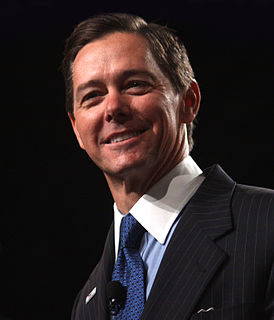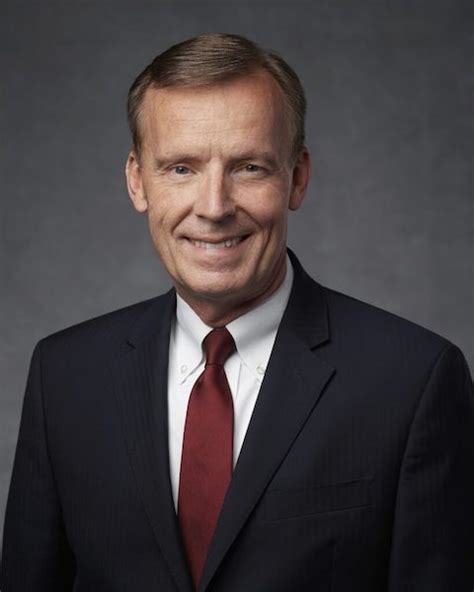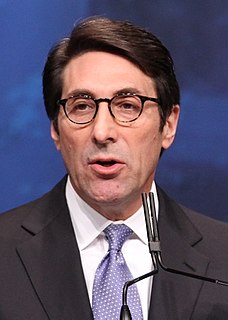A Quote by Stephen L. Carter
In our sensible zeal to keep religion from dominating our politics, we have created a political and legal culture that presses the religiously faithful to be other than themselves, to act publicly, and sometimes privately as well, as though their faith does not matter to them.
Related Quotes
We need to reject any politics that targets people because of race or religion. This isn't a matter of political correctness. It's a matter of understanding what makes us strong. The world respects us not just for our arsenal; it respects us for our diversity and our openness and the way we respect every faith.
You want to mess up the minds of your children? Here's how - guaranteed! Rear them in a legalistic, tight context of external religion, where performance is more important than reality. Fake your faith. Sneak around and pretend your spirituality. Train your children to do the same. Embrace a long list of do's and don'ts publicly but hypocritically practice them privately... yet never own up to the fact that its hypocrisy. Act one way but live another. And you can count on it - emotional and spiritual damage will occur.
A faith in culture is as bad as a faith in religion; both expressions imply a turning away from those very things which culture and religion are about. Culture as a collective name for certain very valuable activities is a permissible word; but culture hypostatized, set up on its own, made into a faith, a cause, a banner, a platform, is unendurable. For none of the activities in question cares a straw for that faith or cause. It is like a return to early Semitic religion where names themselves were regarded as powers.
Religious liberty is misunderstood. It simply means that the Founders said that everyone in America should have the freedom to practice and exercise their religion. Not to believe it but to exercise our beliefs - to act on our beliefs. It's not about believing privately in your head, privately in that building, or simply about freedom of worship.
Here is the point about myself and my co-thinkers. Our belief is not a belief. Our principles are not a faith. We do not hold our convictions dogmatically. We believe with certainty that an ethical life can be lived without religion. And we know for a fact that the corollary holds true - that religion has caused innumerate people not just to conduct themselves no better than others, but to award themselves permission to behave in ways that would make a brothel-keeper or an ethnic cleanser raise an eyebrow.
In the blood-heat of pursuing the enemy, many people are forgetting what we are fighting for. We are fighting for our hard-won liberty and freedom; for our Constitution and the due processes of our laws; and for the right to differ in ideas, religion and politics. I am convinced that in your zeal to fight against our enemies, you, too, have forgotten what you are fighting for.
What our view of the effectiveness of religion in history does at once make evident as to its nature is--first, its necessary distinction; second, its necessary supremacy. These characters though external have been so essential to its fruitfulness, as to justify the statement that without them religion is not religion. A merged religion and a negligible or subordinate religion are no religion.







































